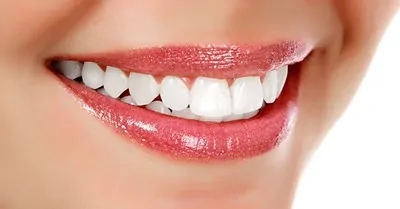
A Healthy Mouth is Key for a Healthy Body
Oral health can actually mirror overall health. In fact, many whole-body concerns have oral manifestations, and the signs of certain diseases can first show in the mouth, sometimes before there are any other clues that something is wrong. Many of the overall health issues that commonly have oral symptoms are incredibly serious and can include:
- Diabetes
- Leukemia
- Oral Cancer
- Pancreatic Cancer
- Heart Disease
What to Look For
In between appointments, it’s important to keep an eye on your mouth and monitor it for any changes. Some symptoms that should trigger a call to your dentist include:
- Red, swollen, bleeding, or receding gums
- Chronic bad breath
- Ulcers
- Loose teeth
- Pus in the pockets between your teeth and gums
What You Can Do For a Healthier Life
You can help keep your body healthy by keeping your mouth in tip-top shape with a proper at-home hygiene routine of brushing twice a day and flossing at least once, maintaining regular visits to your dentist in Asheboro, and following these tips:
- Eat well-balanced meals
- Limit snacking throughout the day
- Drink plenty of water
- Avoid tobacco and excessive amounts of alcohol
If you’re experiencing any symptoms of a potential problem, contact our Asheboro dental office. We’ll work with you to determine the cause, discuss any potential whole-body concerns, and get you on the path towards a customized treatment plan. We’re here not only to keep your mouth healthy, but your body too.
Serving patients from Asheboro, Randolph County, and Randleman.

 Your teeth are at risk all the time–even while you sleep! Here at
Your teeth are at risk all the time–even while you sleep! Here at  At
At 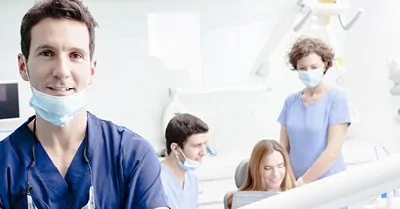 Flossing. It’s one of America’s least favorite necessities. In fact, a study from the American Academy of Periodontology found that more than a third of people would rather do a sink load full of dishes, scrub the toilet, wait in a super long checkout line, or sit in standstill traffic than floss. What’s the deal? Why is flossing so despised?
Flossing. It’s one of America’s least favorite necessities. In fact, a study from the American Academy of Periodontology found that more than a third of people would rather do a sink load full of dishes, scrub the toilet, wait in a super long checkout line, or sit in standstill traffic than floss. What’s the deal? Why is flossing so despised?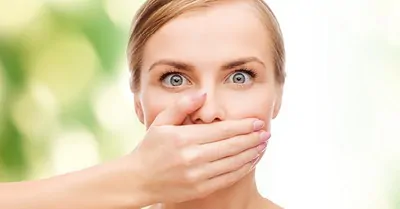 Bad breath affects everyone at least once in a lifetime and it’s completely normal. But it doesn’t make it any less embarrassing or worrisome. At
Bad breath affects everyone at least once in a lifetime and it’s completely normal. But it doesn’t make it any less embarrassing or worrisome. At  As we get older, our bodies go through a lot of changes. Some of them don’t directly affect our health, but one in particular may. We’re talking about osteoporosis. At our dental office in Asheboro, many of our patients are over the age of 50 and, therefore, at increased risk for osteoporosis. Believe it or not, seeing us regularly is a great way to first spot signs of osteoporosis.
As we get older, our bodies go through a lot of changes. Some of them don’t directly affect our health, but one in particular may. We’re talking about osteoporosis. At our dental office in Asheboro, many of our patients are over the age of 50 and, therefore, at increased risk for osteoporosis. Believe it or not, seeing us regularly is a great way to first spot signs of osteoporosis.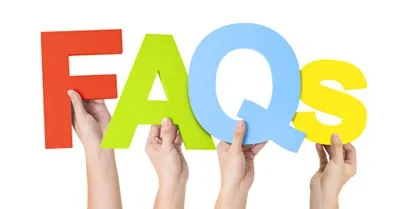 As with any health care, dentistry comes with its fair share of confusing recommendations, nonsensical terminology, and overall general questions about the whats, whys, and hows. At our dental office in Asheboro, we strive to ensure all our patients have their questions answered completely and accurately, so we’ve dedicated this blog to some of the more common questions we get asked.
As with any health care, dentistry comes with its fair share of confusing recommendations, nonsensical terminology, and overall general questions about the whats, whys, and hows. At our dental office in Asheboro, we strive to ensure all our patients have their questions answered completely and accurately, so we’ve dedicated this blog to some of the more common questions we get asked.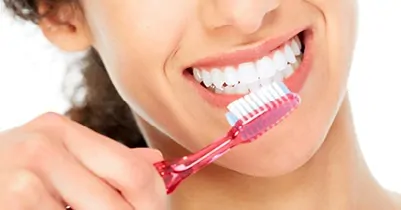 How’s your relationship with your toothbrush? Is it working for you? Is it getting the job done well? At our dental office in Asheboro, we hate to be the bearer of bad news, but your toothbrush relationship should never be long-term. Is it time you moved on to something better?
How’s your relationship with your toothbrush? Is it working for you? Is it getting the job done well? At our dental office in Asheboro, we hate to be the bearer of bad news, but your toothbrush relationship should never be long-term. Is it time you moved on to something better?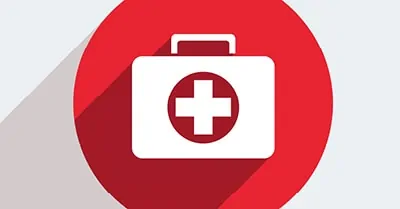 Any emergency is serious and should be treated as such. Dental emergencies, which include any injury to the teeth, gums, or mouth, are no exception. At our Asheboro dental office, we understand that a dental emergency can be scary, so we’re here to help give you a few tips on how to handle several types.
Any emergency is serious and should be treated as such. Dental emergencies, which include any injury to the teeth, gums, or mouth, are no exception. At our Asheboro dental office, we understand that a dental emergency can be scary, so we’re here to help give you a few tips on how to handle several types.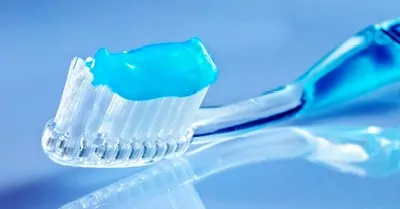 Now that summer is officially here, we’re all starting to plan those well-deserved vacations or long weekends away. Naturally, you also need to pack. So you load up on clothes, snacks, medications, and everything you may possibly need. Yet you forget your toothbrush. What do you do when you’ve reached your destination and it’s time to brush those pearly whites? Take some advice from our dental office in Asheboro.
Now that summer is officially here, we’re all starting to plan those well-deserved vacations or long weekends away. Naturally, you also need to pack. So you load up on clothes, snacks, medications, and everything you may possibly need. Yet you forget your toothbrush. What do you do when you’ve reached your destination and it’s time to brush those pearly whites? Take some advice from our dental office in Asheboro.




